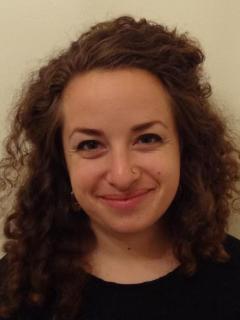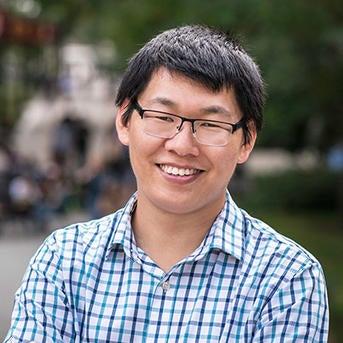CSIS operates an annual summer Doctoral Fellows Program open to a highly select group of PhD students from around the world. Under the direction of Professors Peter Frumkin and Matthew Bennett top doctoral students work on their own research in nonprofit management, volunteerism, international civil society, social entrepreneurship, and philanthropic studies. At the conclusion of the experience, doctoral fellows will have produced papers ready for publication in peer-reviewed journals.
The Center’s fellowship continues to be a key stepping stone for the best new scholarly talent, with a ten year history of programmatic success under Dr. Peter Frumkin.
This is an intensive research seminar in which students present draft research papers and then work collaboratively to help improve and refine each other’s research. Students are required to submit a draft research paper that they would like to develop and prepare for publication during the program. Housing near the Penn campus and £3,000 stipends are provided to all Doctoral Fellows.











